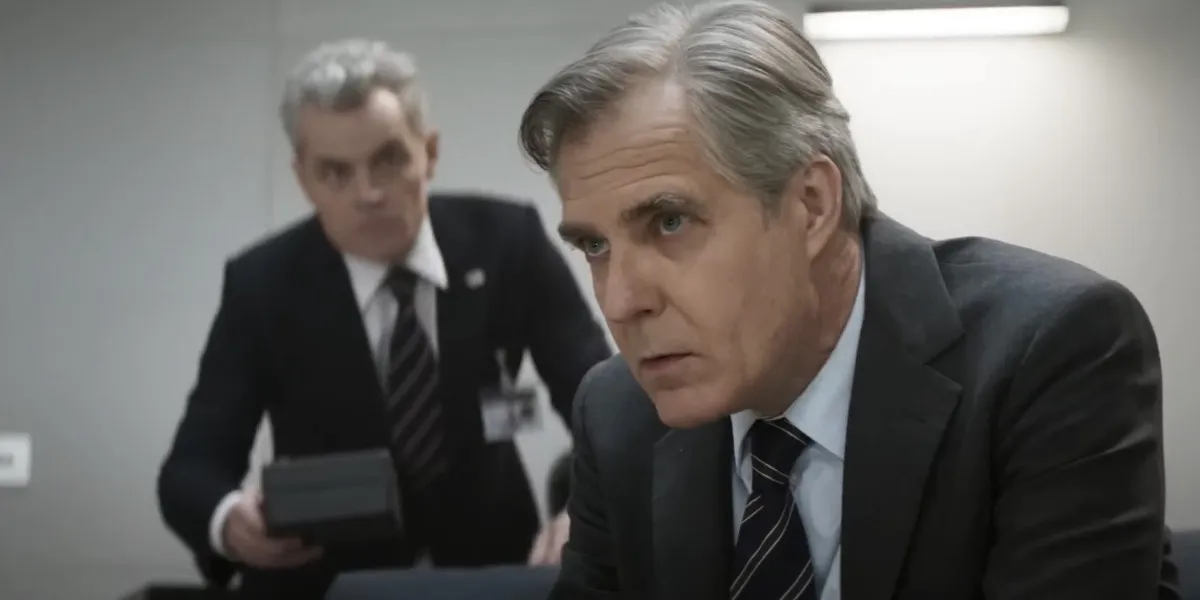One thing that the Tom Cruise-led Mission: Impossible movies can always be expected to provide is spectacle. Cruise has been and still is game for all manner of death-defying stunts, and as a result, the action in these movies has often been second to none. Explosive action alone, however, cannot sustain a franchise; its characters and, more importantly, its narratives must also be solid. While the earlier Mission: Impossible movies tended to struggle on either one front or the other, the later films, specifically those directed by Christopher McQuarrie, have excelled in both aspects and allowed the franchise to flourish rather than flounder.
With Mission: Impossible – Dead Reckoning Part One about to land in cinemas, the seventh installment in nearly three decades, rewatching all its predecessors became a personal must. This was a terrifically fun endeavor, as each and every Mission: Impossible movie brings distinctive strengths to the table.
The first is a classic, a spy-thriller with nail-biting intensity and exciting twists and turns, as well as introducing us to franchise mainstay Luther (Ving Rhames). Thandiwe Newton was an excellent addition to Mission: Impossible II, and the second half of the film is perhaps as brilliantly bonkers as the series has ever been. Mission: Impossible III includes an incredibly memorable and terrifying performance by the late, great Philip Seymour Hoffman and gives us Simon Pegg’s wonderful character Benji Dunn, and the fourth sequel, Mission: Impossible – Ghost Protocol, is probably the most fun the franchise has ever been, with genuine laugh-out-loud moments and that fantastic gravity-defying sequence in Dubai.
Watching these movies in such quick succession, however, made their differences abundantly clear. The first four Mission: Impossible movies are all, at their core, standalone movies. Ethan Hunt was the thread tying them together, but each movie featured a different IMF team (save Luther and later Benji), completely unconnected missions, and wildly different styles of filmmaking. There is nothing inherently wrong with any of that, of course. Different filmmakers can infuse new life into old and familiar stories, just as new characters and relationships can. Yet it’s difficult to deny that the Mission: Impossible series as a whole has been elevated since Christopher McQuarrie took over in a writing and directing capacity. I believe this is because he has wholly embraced the history of this 30-year franchise.
Henry Czerny, for instance, is making his return to Mission: Impossible in Dead Reckoning Part One. For those of you who don’t remember, Czerny played IMF (Impossible Mission Force) Director Eugene Kittridge in the very first Mission: Impossible film, wrongly accusing Ethan Hunt of being a mole in the organization and of murdering his entire team. Without spoiling the plot, Kittridge is an undeniably important part of Dead Reckoning‘s story. He might have disappeared after the first movie, but Part One makes it clear that he never forgot about his strained dynamic with Hunt. There’s a genuine sense of history there, of grudges and secrets and even the slightest inkling of reverence. Kittridge’s return makes Ethan’s complicated history with the IMF feel tangible and real.
Perhaps the most effective use of an old character, at least in my humble opinion, is Ethan’s ex-wife Julia’s (Michelle Monaghan) return in Mission: Impossible – Fallout. The sixth film in the franchise and McQuarrie’s second directorial outing, Fallout continues the story that was started in Mission: Impossible – Rogue Nation (a serious deviation from previous Mission: Impossible narrative choices, but certainly a welcome one), as the terrorist group the Syndicate has evolved into the Apostles, intent on creating a new world order and willing to use three plutonium-powered bombs to do so.
Just as you think the real spectacle is about to start, Julia’s reappearance brings the action to a screeching halt—but the tension skyrockets. As she sees Ethan at the medical camp where the bombs are being planted, everyone—Ethan, Julia, Luther, and Benji—slowly comes to realize that she has been sent there to die, solely to mess with Ethan’s head. She remains remarkably calm and even helps defuse one of the bombs, but she knows the stakes, she knows what Ethan has done in the past to save the world. Julia’s return in Fallout provides an incredible character moment. A moment that pushes Hunt and his team to their emotional limits, all while trying to avert a nuclear disaster, elevating an already remarkable final act.
It is McQuarrie’s use of old, discarded characters, and his insistence on continuing certain plots for more than just one film that has pushed Mission: Impossible to become more memorable and impactful as a franchise. It is what separates it from its contemporaries, particularly James Bond. Bond has rotated actors, retconned backstories, and relied on standalone storytelling for most of its storied history. Daniel Craig’s run as 007 was the first to try something different and largely succeeded—but now there’s a new Bond on the horizon and the cycle will start all over again. Mission: Impossible, though, has now committed to its characters, its origins, and an ever-developing narrative, creating a unique legacy of its own.
(featured image: Paramount Pictures)










Published: Jul 11, 2023 04:43 am